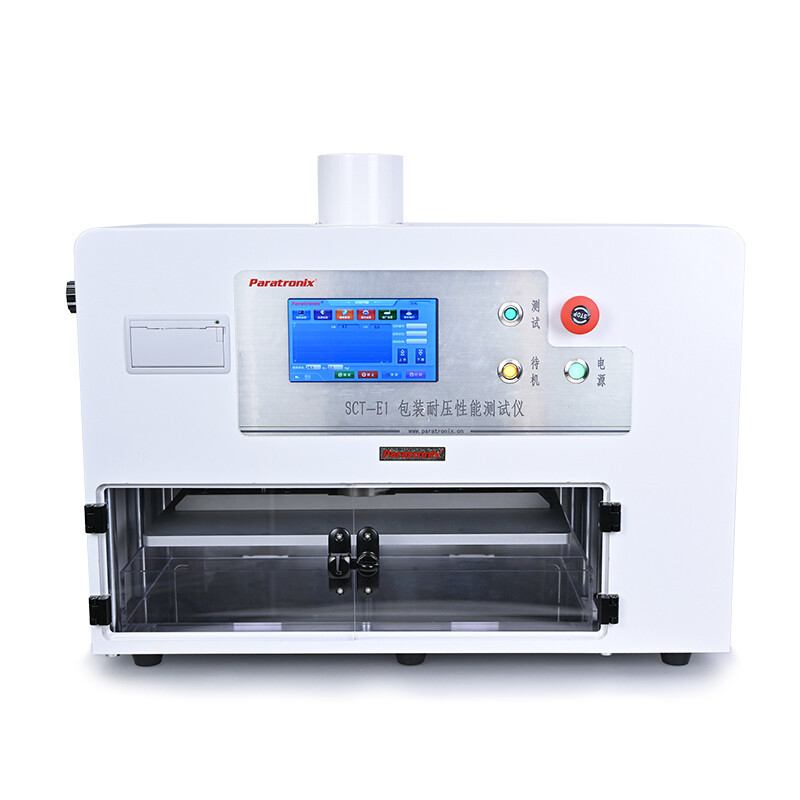Recent Posts
![Oxygen barrier performance test of medical plastic ampoule bottles Oxygen barrier performance test of medical plastic ampoule bottles]() Oxygen barrier performance test of medical plastic ampoule bottles2026-02-09
Oxygen barrier performance test of medical plastic ampoule bottles2026-02-09![ASTM F543-17 Standard Specification and Test Methods for Metallic Medical Bone Screws ASTM F543-17 Standard Specification and Test Methods for Metallic Medical Bone Screws]() ASTM F543-17 Standard Specification and Test Methods for Metallic Medical Bone Screws2026-01-22
ASTM F543-17 Standard Specification and Test Methods for Metallic Medical Bone Screws2026-01-22![Test method for peel strength of medical infusion patches Test method for peel strength of medical infusion patches]() Test method for peel strength of medical infusion patches2026-01-20
Test method for peel strength of medical infusion patches2026-01-20![Sealing testing scheme for eye drops Sealing testing scheme for eye drops]() Sealing testing scheme for eye drops2026-01-14
Sealing testing scheme for eye drops2026-01-14![ASTM F2029-08: Standard Practices for Making Heatseals for Determination of Heatsealability of Flexible Webs as Measured by Seal Strength ASTM F2029-08: Standard Practices for Making Heatseals for Determination of Heatsealability of Flexible Webs as Measured by Seal Strength]() ASTM F2029-08: Standard Practices for Making Heatseals for Determination of Heatsealability of Flexible Webs as Measured by Seal Strength2026-01-06
ASTM F2029-08: Standard Practices for Making Heatseals for Determination of Heatsealability of Flexible Webs as Measured by Seal Strength2026-01-06
Introduction
ASTM D4169 is a critical standard developed by ASTM International that outlines a systematic approach for evaluating
the performance of shipping containers and systems under various distribution environments. This standard is widely
used in industries such as pharmaceuticals, medical devices, electronics, and consumer goods to ensure that packaging
can withstand the rigors of transportation and handling.
Testing instruments:SCT-E1 Packaging Pressure Resistance Tester

Purpose of ASTM D4169
The primary goal of ASTM D4169 is to simulate real-world distribution hazards, including vibration, shock, compression,
and environmental conditions (e.g., temperature and humidity). By subjecting packaging systems to these tests,
manufacturers can assess their durability and ability to protect products during transit.
Test Levels and Assurance Levels
ASTM D4169 defines different Distribution Cycles (DCs) and Assurance Levels (I, II, or III) based on the expected
severity of the distribution environment:
Level I (Minimum Assurance): Low-risk shipments with minimal handling.
Level II (Moderate Assurance): Standard distribution conditions.
Level III (High Assurance): Severe conditions, such as international or hazardous shipping.
Benefits of Compliance
Improved Product Protection: Ensures packaging can withstand real-world hazards.
Regulatory Compliance: Meets industry and international shipping standards.
Cost Savings: Reduces damage-related losses and returns.
Enhanced Supply Chain Reliability: Minimizes risks during transportation.
Conclusion
ASTM D4169 is an essential standard for validating shipping containers and systems. By following its guidelines,
manufacturers can optimize packaging performance, reduce product damage, and enhance customer satisfaction.
Companies involved in logistics, packaging design, and product distribution should incorporate ASTM D4169 testing
into their quality assurance processes to ensure safe and reliable product delivery.
Leave A Reply
Search by Keywords





